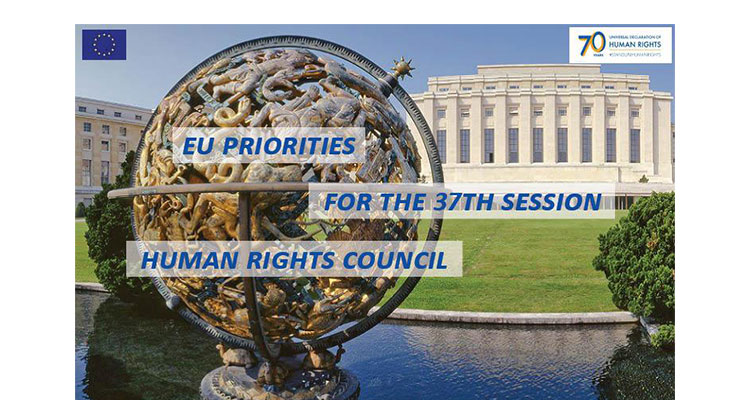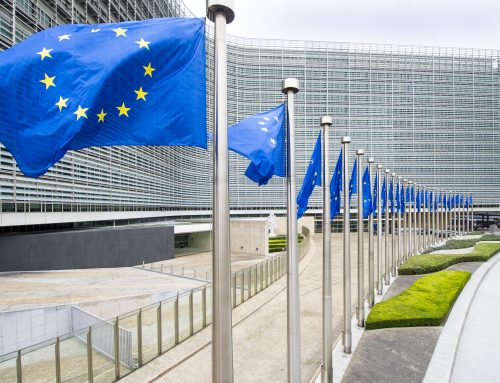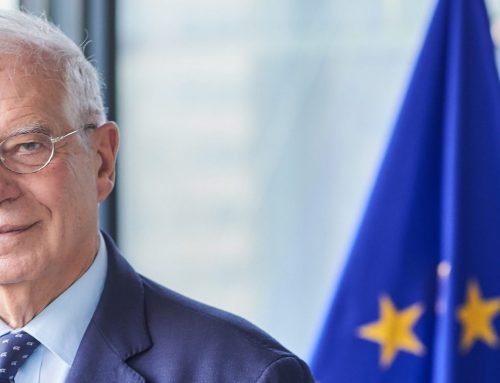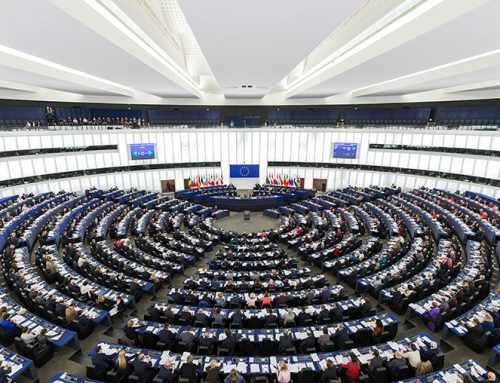From 26 February to 23 March 2018 the international community will gather in Geneva at the Human Rights Council (HRC) to discuss the world’s most pressing human rights issues. “In a year, where we mark the 70th anniversary of the Universal Declaration of Human Rights, the EU reaffirms its strong support for the work of the UN human rights system,” says Ambassador Peter Sørensen, Head of the EU Delegation to the UN in Geneva. “The Declaration is as valid as it was at the time of its adoption and sadly, we are far from the full respect of these commitments all over the world. Rights and freedoms are still being challenged and the space for civil society is shrinking in many countries throughout the world,” he adds. Therefore, the EU will give strong priority to promoting and defending the universality of human rights and to raising the profile of human rights throughout the year.
At the 37th session of the Human Rights Council, the EU will be leading four resolutions and constructively engage in initiatives presented by other countries in order to advance our human rights priorities and raise country situations that deserve the Council’s attention.
North Korea/DPRK: Given the continuing grave and systematic violations of human rights by the regime of North Korea, the EU together with Japan will once again present a strong resolution focusing on the dire human rights situation in the country, calling for accountability for those violations and extending the mandate of the Special Rapporteur.
Myanmar/Burma: We continue to attach great importance to the human rights situation in Myanmar. We therefore intend to present a resolution which renews the mandate of the Special Rapporteur, takes stock of the work in progress of the Independent International Fact-Finding Mission and identifies serious issues, notably the unprecedented violence committed against the Rohingya, and more generally the rights of persons belonging to ethnic and religious minorities and the freedom of the press and media.
Rights of the Child: The EU is seeking to promote and protect equally all the rights that children have, with a particular focus on the most marginalised children, in an effort to leave no child behind. At the upcoming session, the EU will therefore be leading jointly with the Latin American and Caribbean Group (GRULAC) a resolution on the rights of the child in humanitarian situations. We will also be actively engaged in preparing the annual day of discussion, which will focus on the same theme.
Freedom of Religion or Belief: We continue to pursue freedom of religion or belief and strongly oppose religious intolerance. In this vein, we will present this year a resolution at the Human Rights Council to promote and protect freedom of religion or belief with a focus on efforts that States should step up in order to implement commitments previously undertaken at UN human rights fora.
Syria: The Human Rights Council should continue to address the dire human rights and humanitarian situation in Syria, in particular in areas facing siege and heavy bombardments. The extension of the mandate of the Commission of Inquiry is therefore crucial. The work of the IIIM mechanism will also be of critical importance. We will once again advocate for fighting impunity and ensuring accountability for all, access of the Commission of Inquiry to Syria, unhindered humanitarian access to people in need across Syria and the release of detainees. The cessation of violence against civilians is much needed in Eastern Ghouta and other areas, as the attacks led to blatant violations of basic human rights and the killing of thousands of civilians. We will in particular speak out for the protection of children and thus use the opportunity to participate in the high-level panel on violations of the human rights of children in Syria.
Side events: The EU will organise and co-sponsor several events in the margins of the Human Rights Council. These include an event on the relationship of religion and state on 5 March, and a debate on the impact of media on freedom of religion or belief on 6 March 2018. We will also co-sponsor on 11 March the thematic evening ‘Defending the Defenders’ of the International Film Festival and Forum on Human Rights (FIFDH). More information on all events can be found on our website.
The EU will be represented at the high-level segment of the Council by EU Special Representative for Human Rights, Stavros Lambrinidis. He will also speak on 28 February at a high-level side event on the death penalty, organised by the Permanent Mission of Belgium, underlining the EU’s strong and principled position to oppose the death penalty in all circumstances. Jan Figel, EU Special Envoy for the Promotion of Freedom of Religion or Belief outside the EU, will also attend the Council and participate in various side events. Furthermore, a delegation of Members of the European Parliament led by Andrzej Grzyb will travel to Geneva to attend the Council.
All EU statements and intervention at the Human Rights Council will be posted on the EU Delegation’s website. Updates will also be regularly posted on the EU Delegation’s Twitter account @EU_UNGeneva.




